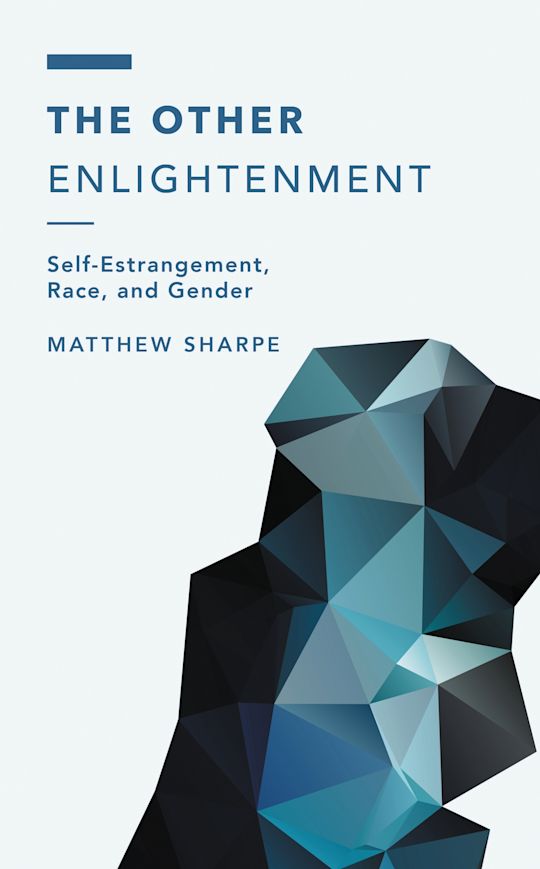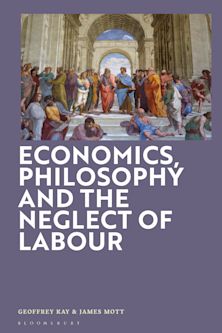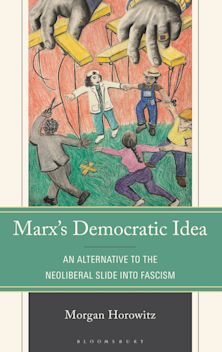- Home
- ACADEMIC
- Philosophy
- Social and Political Philosophy
- The Other Enlightenment
The Other Enlightenment
Self-Estrangement, Race, and Gender
The Other Enlightenment
Self-Estrangement, Race, and Gender
You must sign in to add this item to your wishlist. Please sign in or create an account
Description
Challenging widespread misunderstandings, this book shows that central to key enlightenment texts was the practice of estranging taken-for-granted prejudices by adopting the perspective of Others.
The enlightenment’s key progenitors, led by Montesquieu, Voltaire and Diderot, were more empiricist than rationalist, and more critical than utopian. Moreover, each was an artful exponent of the ‘proto-postmodernist’ practice of asking Europeans to review what they considered unquestionable through the eyes of Others: Persians, women, Tahitians, Londoners, natives and naïves, the blind, and even imaginary extra-terrestrials. This book aims to show that this self-estrangement, as a means to gain critical distance from one’s taken-for-granted assumptions, was central to the enlightenment, and remains vital for critical and constructive sociopolitical thinking today.
Table of Contents
Introduction: The Enlightenment Beleaguered
Chapter 1: Locke, Bayle, Critique and Toleration
Chapter 2: Paris-Persia: Othering (and Sexing) the Enlightenment
Chapter 3: Voltaire's Smiling Philosophy
Chapter 4: Eyesight from the Blind: Diderot, Saunderson, and Humans Born Blind
Chapter 5: Enlightenment, Race, Slavery, and Anti-colonialism
Chapter 6: The Enlightenment, Sexuality, and Gender
Conclusion: What was Enlightenment?
Bibliography
About the Author
Product details
| Published | 16 Feb 2023 |
|---|---|
| Format | Ebook (Epub & Mobi) |
| Edition | 1st |
| Extent | 194 |
| ISBN | 9781538160220 |
| Imprint | Rowman & Littlefield |
| Illustrations | 1 tables; |
| Series | Off the Fence: Morality, Politics and Society |
| Publisher | Bloomsbury Publishing |
About the contributors
Reviews
-
Centered on insightful readings of key French Enlightenment texts, this book articulates a dynamic version of enlightenment thinking, and brings it to bear on contemporary practices of othering. Engagingly written, and persuasively argued, it offers a nuanced critique of some current ways of misconstruing the upshot of the Enlightenment.
Genevieve Lloyd, Professor Emerita, University of New South Wales
-
Among the many sins that are regularly laid at the Enlightenment’s doorstep, unthinking racism, sexism, and Eurocentrism are some of the most common, and most damning. Matthew Sharpe’s bold new book contests these accusations by showing that the thinkers of this period were in fact unusually insistent on viewing the world through the eyes of the other.
Dennis C. Rasmussen, Syracuse University
-
As liberal, pluralistic societies feel increasingly under challenge, we need to remember our roots in the Enlightenment. The Other Enlightenment is a timely plea to re-read the French philosophes – we will be surprised by what they have to say.
Nicholas Cronk, director, Voltaire Foundation, University of Oxford
-
Matthew Sharpe’s wonderful and original The Other Enlightenment: Self-Estrangement, Race, and Gender shines a new light on the Enlightenment. He presents it as a period of intellectual ferment that opened a critical space in which forms of power became contested and opened to different possibilities through critical self-othering and self-distancing.
John Rundell, La Trobe University and The University of Melbourne
-
A wonderfully lucid and engaging study that brings back to life key figures of the European enlightenment. Sharpe convincingly presents the philosophes and their practices of epistemic humility and cultural openness as an alternative to the various forms of identity politics dominating our times.
Jean-Philippe Deranty, Associate Professor of Philosophy, Macquarie University

ONLINE RESOURCES
Bloomsbury Collections
This book is available on Bloomsbury Collections where your library has access.



































